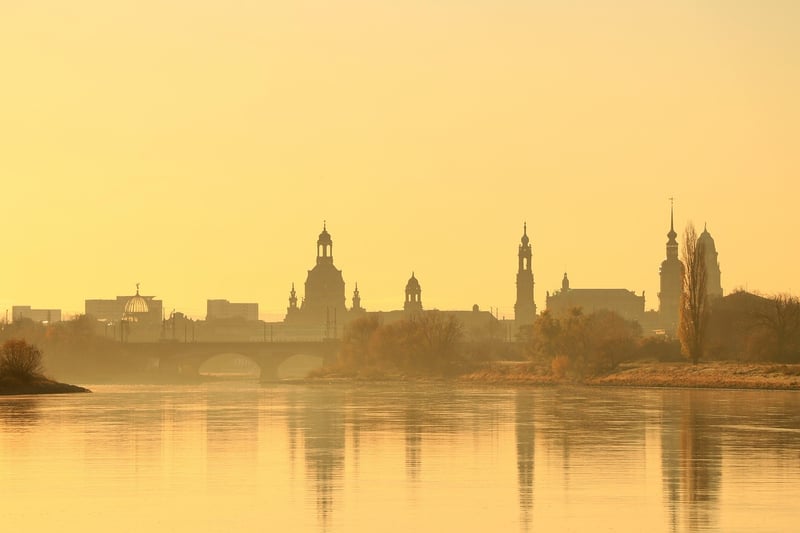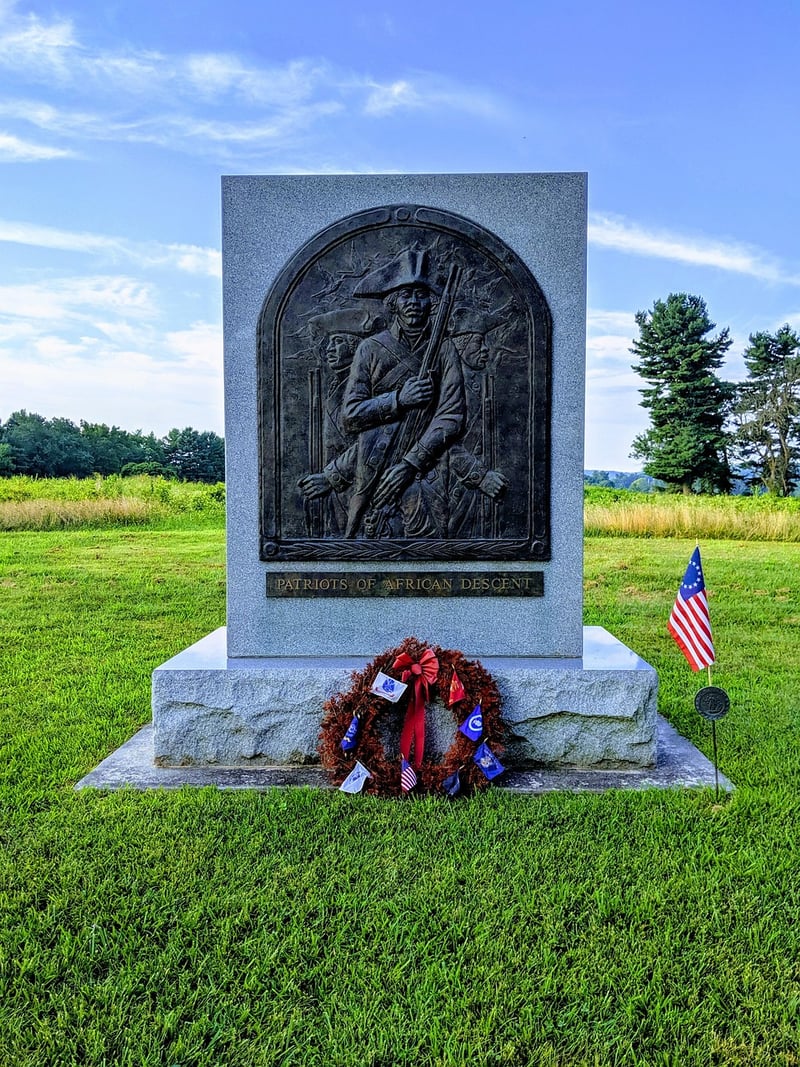Revolutionary Wars
The Journey through Key Historical Events and Revolutionary Wars
Introduction
History is a fascinating tapestry woven with the threads of significant events that have shaped the world we live in today. From ancient civilizations to modern revolutions, each era has its own story to tell. Let's embark on a journey through key historical events and explore the impact of Revolutionary Wars.
Ancient Civilizations
Ancient civilizations such as the Egyptian, Greek, Roman, and Mesopotamian empires laid the foundation for human society. These cultures made remarkable advancements in architecture, art, science, and governance, leaving a lasting legacy that continues to inspire us today.
The Age of Discovery
The Age of Discovery in the 15th to 17th centuries marked a period of exploration and expansion. Explorers like Christopher Columbus, Vasco da Gama, and Ferdinand Magellan set sail to discover new lands, leading to the exchange of ideas, goods, and cultures between the Eastern and Western hemispheres.
The American Revolution
The American Revolution (1775-1783) was a pivotal moment in history when the thirteen American colonies sought independence from British rule. Led by figures like George Washington and Thomas Jefferson, the colonists fought for freedom and established the United States of America as a sovereign nation.
The French Revolution
The French Revolution (1789-1799) was a period of radical social and political upheaval in France. Driven by ideals of liberty, equality, and fraternity, the revolutionaries overthrew the monarchy, leading to the rise of Napoleon Bonaparte and the spread of revolutionary fervor across Europe.
The Industrial Revolution
The Industrial Revolution in the 18th and 19th centuries transformed society with advancements in technology, transportation, and production. Innovations like the steam engine, textile mills, and railroads revolutionized the way people lived and worked, ushering in an era of rapid industrialization.
World Wars
The 20th century witnessed two devastating World Wars that reshaped the global landscape. World War I (1914-1918) and World War II (1939-1945) brought unprecedented destruction and loss of life, leading to the emergence of new world powers and the establishment of international organizations like the United Nations.
The Cold War
The Cold War (1947-1991) was a period of political tension between the United States and the Soviet Union, characterized by ideological rivalry and nuclear arms race. The division of the world into Western and Eastern blocs defined global politics and shaped international relations for decades.
Conclusion
As we reflect on these key historical events and Revolutionary Wars, we gain a deeper understanding of the forces that have shaped our world. From ancient civilizations to modern conflicts, each chapter in history contributes to the rich tapestry of human experience, reminding us of the importance of learning from the past to build a better future.


Explore more historical events and revolutions to delve deeper into the fascinating tapestry of human history.
For more information, visit History.com.
